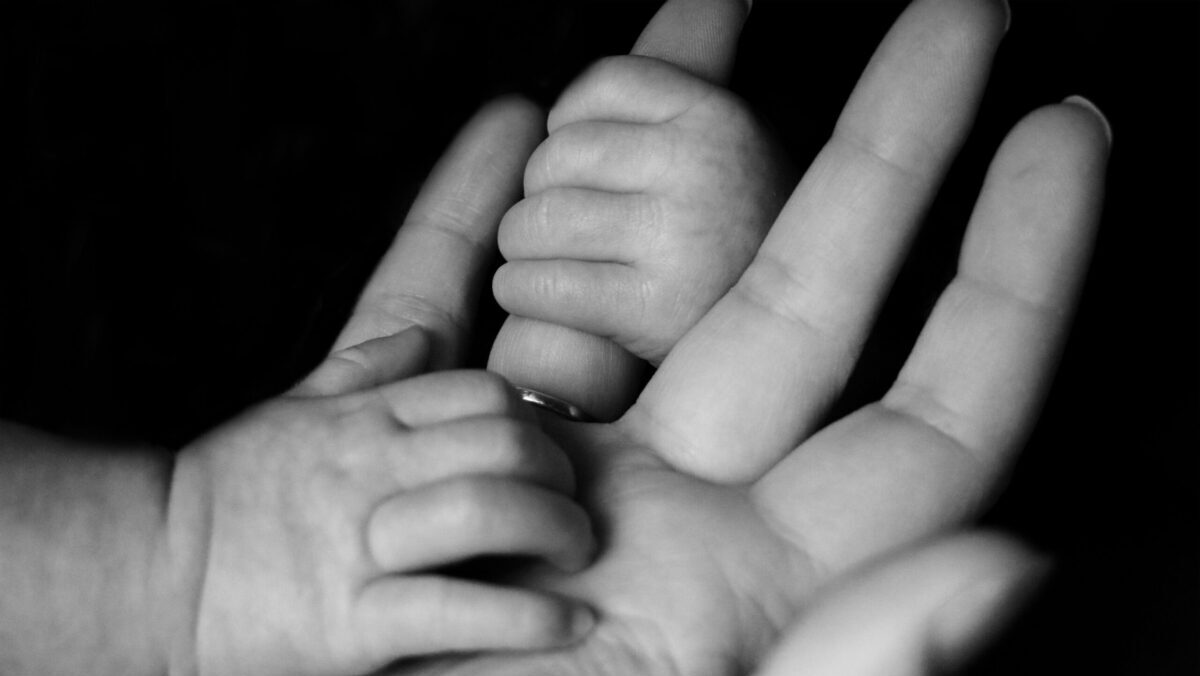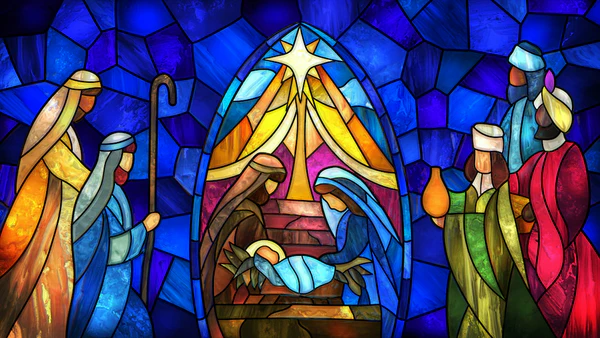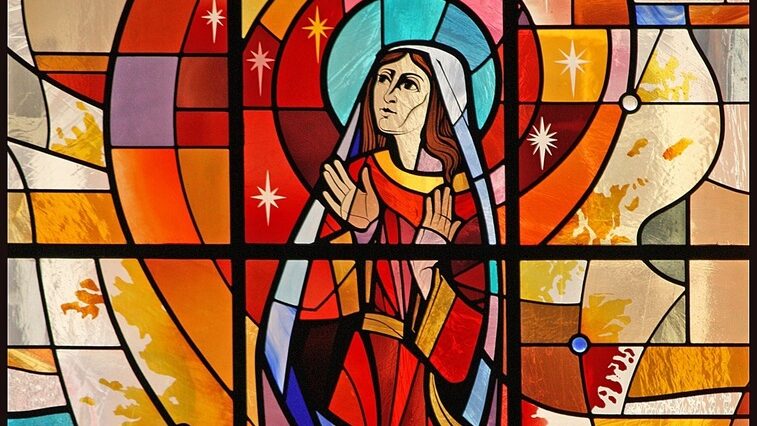This is Part 2 of a two-part series on eschatology. If you missed Part 1, click here.
In Part 1, we talked about “style.” Those discussions are interesting to be sure, but let’s get down to business. We are now switching gears into the “substance” portion. Though there may be fewer words than in Part One, the point now is to understand the significance of why any of this might matter. Here we address the “So what? Who cares?” of it all.
Your “to-go box:” What you believe about the end directly impacts how you live right now. Here it is in different words: How you think about the last things will surely affect how you think about present things. If you believe the world is soon to go up in flames of destruction, that will dictate the way you treat the Earth now. If you think eschatology is all about waiting on a divine “escape hatch,” you might miss out on the good work to be done right now.
When we talk about eschatology, we’re not only wondering about “time, times and half a time” (Dan. 7:25) — we are invoking the idea that history is going somewhere under God’s provision, and that somewhere is a new place due to God’s work of justice, healing and hope.
Active participation
We are stewards. Those of us who are in Christ play a role in signaling that the kingdom of God is near and the King is coming again. Richard Bauckham lends some helpful understanding when he writes, “In Revelation’s universal perspective, the doctrines of creation, redemption and eschatology are very closely linked. It is God the Creator of all reality who, in faithfulness to His creation, acts in Christ to reclaim and renew His whole creation. Because He is creation’s Alpha, He will also be its Omega.”
Bauckham goes on: “Revelation does not respond to the dominant ideology by promoting Christian withdrawal into a sectarian enclave that leaves the world to its judgment while consoling itself with millennial dreams … . It must be strongly emphasized that is the opposite of Revelation’s outlook, which is oriented to the coming of God’s Kingdom in the whole world and calls Christians to active participation in this coming of the Kingdom.”
As participants in Christ’s Church, we are hope-bearers in a world desperate for healing. When we share “good news,” we can say more than just, “Jesus saves” (though that is central and needs to be proclaimed). We can say that Christ is close in the midst of pain and brokenness and that He already is the victor over death, and one day we will know that victory fully.
N.T. Wright puts it this way: “What you do in the present — by painting, preaching, singing, sewing, praying, teaching, building hospitals, digging wells, campaigning for justice, writing poems, caring for the needy, loving your neighbor as yourself — will last into God’s future … . They are part of what we may call building for God’s Kingdom.”
‘Being the hands and feet’
Being the hands and feet of Jesus in the world is not reserved for missionaries in faraway lands. Being the Body of Christ is not only sharing Jesus’ Name but also caring about what He cares about.
This is inaugurated eschatology — when the people of God break ground for God’s goodness here and now. The players are rehearsing their parts for the drama of Christ’s coming when God will “be glad in my people” and “no more shall be heard in it the sound of weeping and the cry of distress,” when “my chosen shall long enjoy the work of their hands” (Is. 65:19, 22). Our preparation should be active, for a time when He appears and “we shall be like Him, because we shall see Him as He is” (I John 3:2). To live in earnest expectation of Jesus’s return contributes to a life of holiness, service, and love.
When all is said and done
There may already have been too many quotes in Part 2, but one more couldn’t hurt. Professor Thomas Long sums up these ideas nicely when commenting on Hebrews, and I’ll let his words take us home: “Even now, as Christians struggle to be faithful in the midst of ambiguity and turmoil, the promise is that all of this counts, that their faithful actions are being gathered into God’s everlasting purposes. In ways that are mysterious and beyond our full knowing, God uses the prayers and deeds of ordinary people of faith to redeem the whole of creation. When all is said and done, the goodness of God will prevail and not evil; the love of God will triumph and not hate; the wholeness of God will overcome disease, and the Son of God will be on the throne and not the powers of death.” Thanks be to God.
So with Christians of the New Testament, let us say, “Lord, come quickly. Maranatha”






